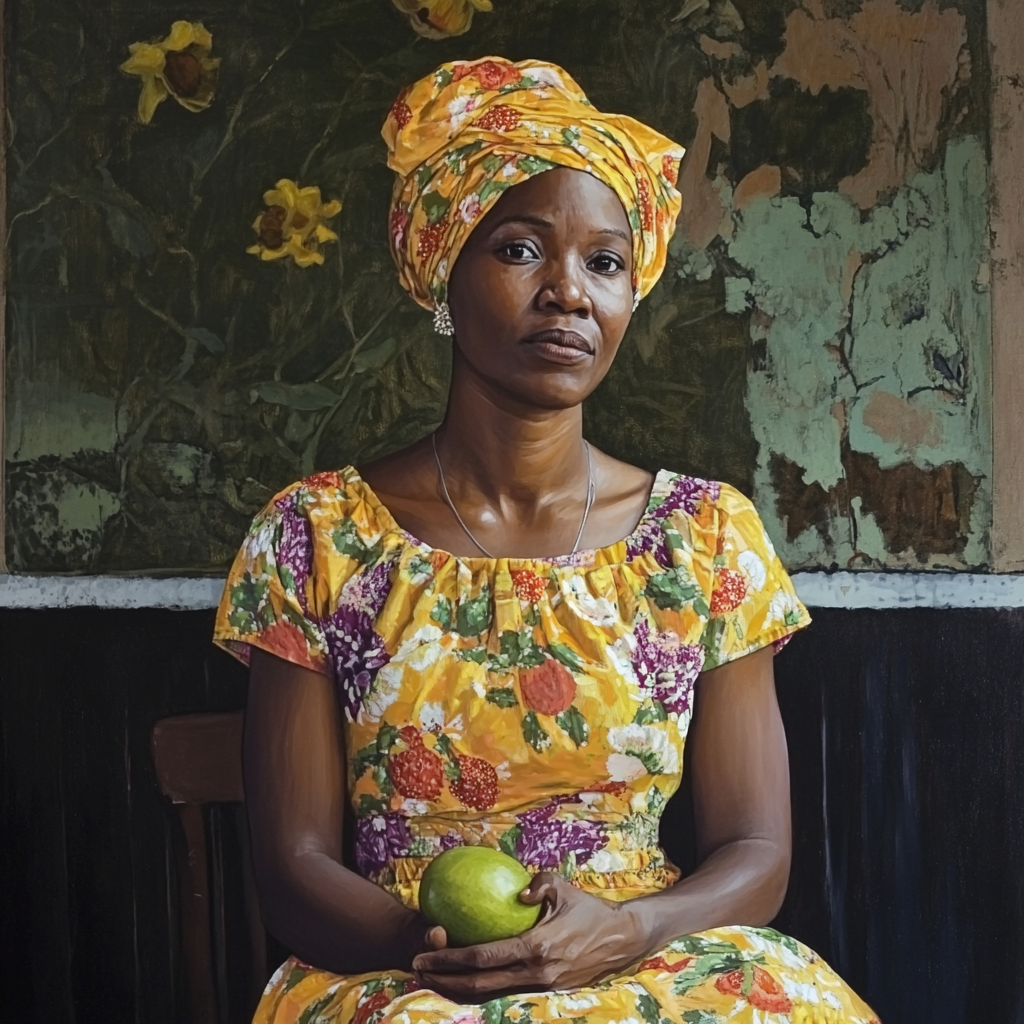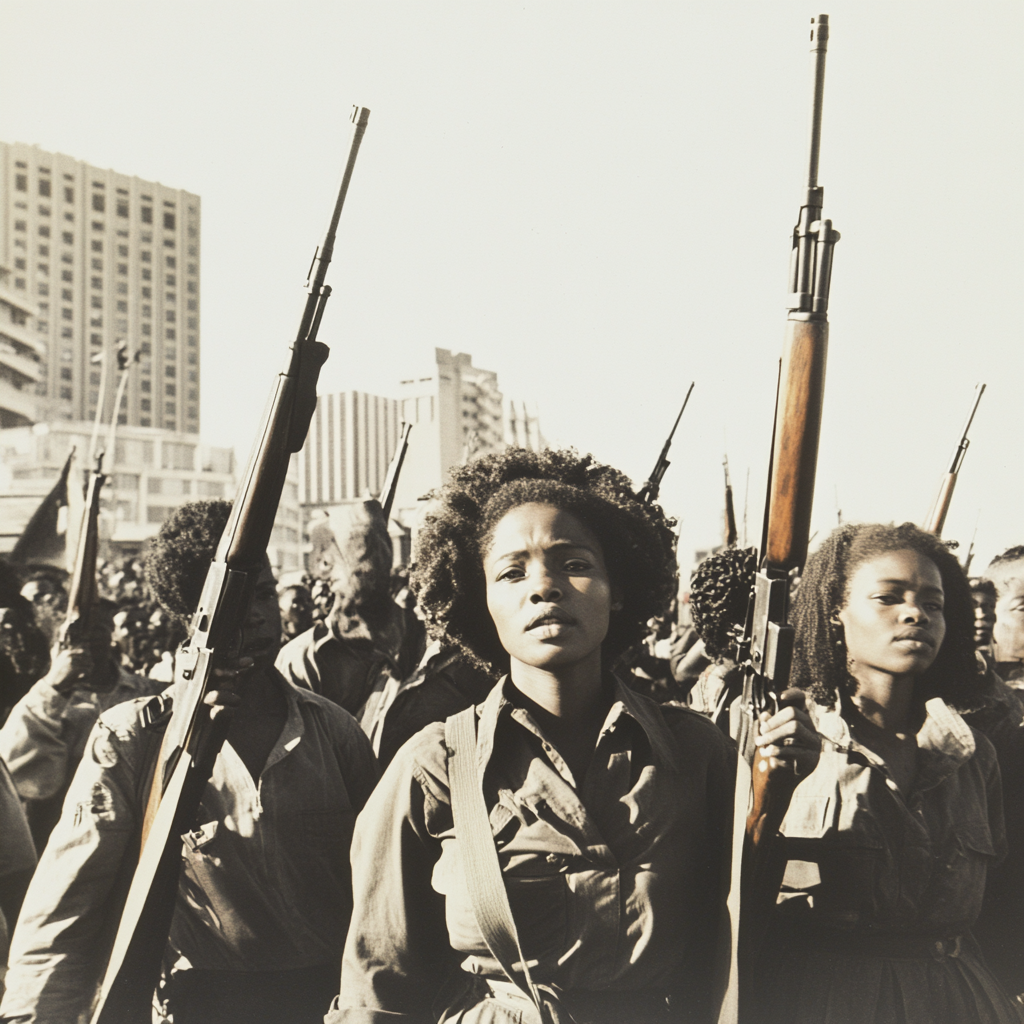A Woman of Strength and Defiance
Anna Mungunda stands as a powerful example of women’s resistance to the repressive apartheid regime enforced by the South African police in Namibia. After World War I, Namibia fell under South African occupation following German colonial rule, and the country was subjected to the same racist and colonial laws as South Africa under apartheid.
Who Was Anna Mungunda?
Born in 1932, details about Anna Mungunda’s family history remain scarce. However, we do know that she lived and worked as a domestic worker in Windhoek’s Old Location, a segregated Black community within the city. Due to South Africa’s apartheid government, Black Namibians faced severe restrictions on employment, housing, infrastructure, healthcare, and were subjected to discrimination and dehumanization—realities Mungunda experienced firsthand.
The Old Location Massacre and Protest
Anna Mungunda’s legacy is tied to the Old Location Massacre and Protest of 1959. The South African authorities planned to forcibly relocate Black Namibians from the Old Location to a new settlement called Katutura. This new area was further from the city center, making it difficult for Black workers to commute to their jobs, and was designed to disrupt the tight-knit communities in the Old Location.
A peaceful protest was organized on December 10, 1959, but it ended in tragedy. During the violence, Anna Mungunda’s son was fatally shot, pushing her into a state of rage and defiance. In an act of resistance, she set fire to the car of the apartheid official De Wet, a superintendent in the South African colonial police. She was immediately shot and killed. Mungunda was the only woman among the 10 people killed in the massacre, which also left 60 others injured.
A Lasting Legacy
Anna Mungunda’s life and sacrifice exemplify the struggles faced by women and marginalized communities during the colonial period. She was neither a politician nor a soldier, yet her courageous act spoke volumes about the will to resist oppression and the profound emotional toll of systemic injustice.
Honoring her memory is essential in acknowledging the broader decolonial struggle she represents—a struggle that continues to resonate in Namibia and across the world today. In recognition of her contributions, Petersallee in the Wedding district of Berlin has been renamed in her honor.


Remembering Anna Mungunda
Did you know about Anna Mungunda before today? Her story is a crucial reminder of the countless unsung heroes who fought against colonial rule and apartheid. By remembering her, we honor the resilience and strength of all those who stood against oppression, ensuring their legacies continue to inspire future generations.